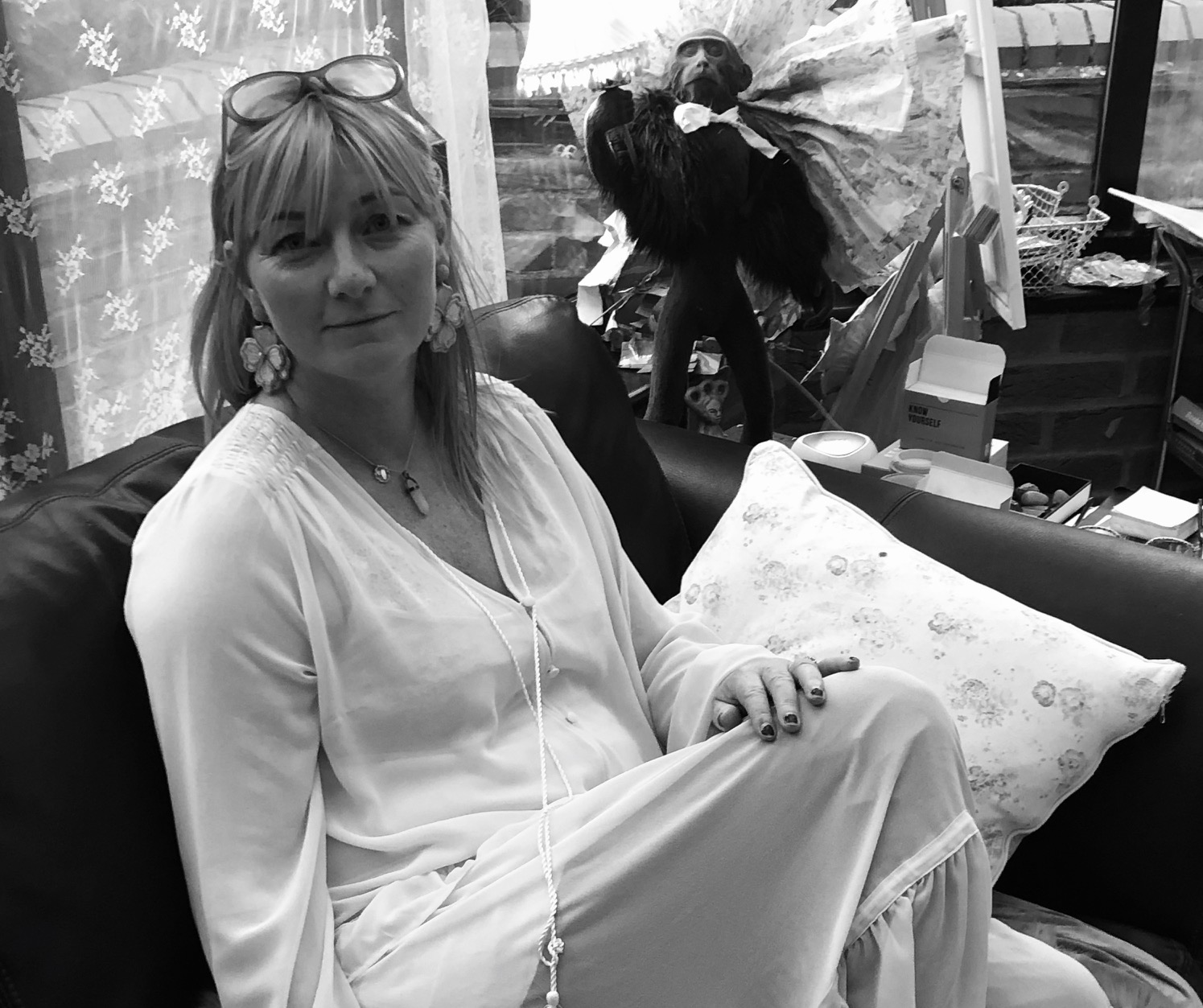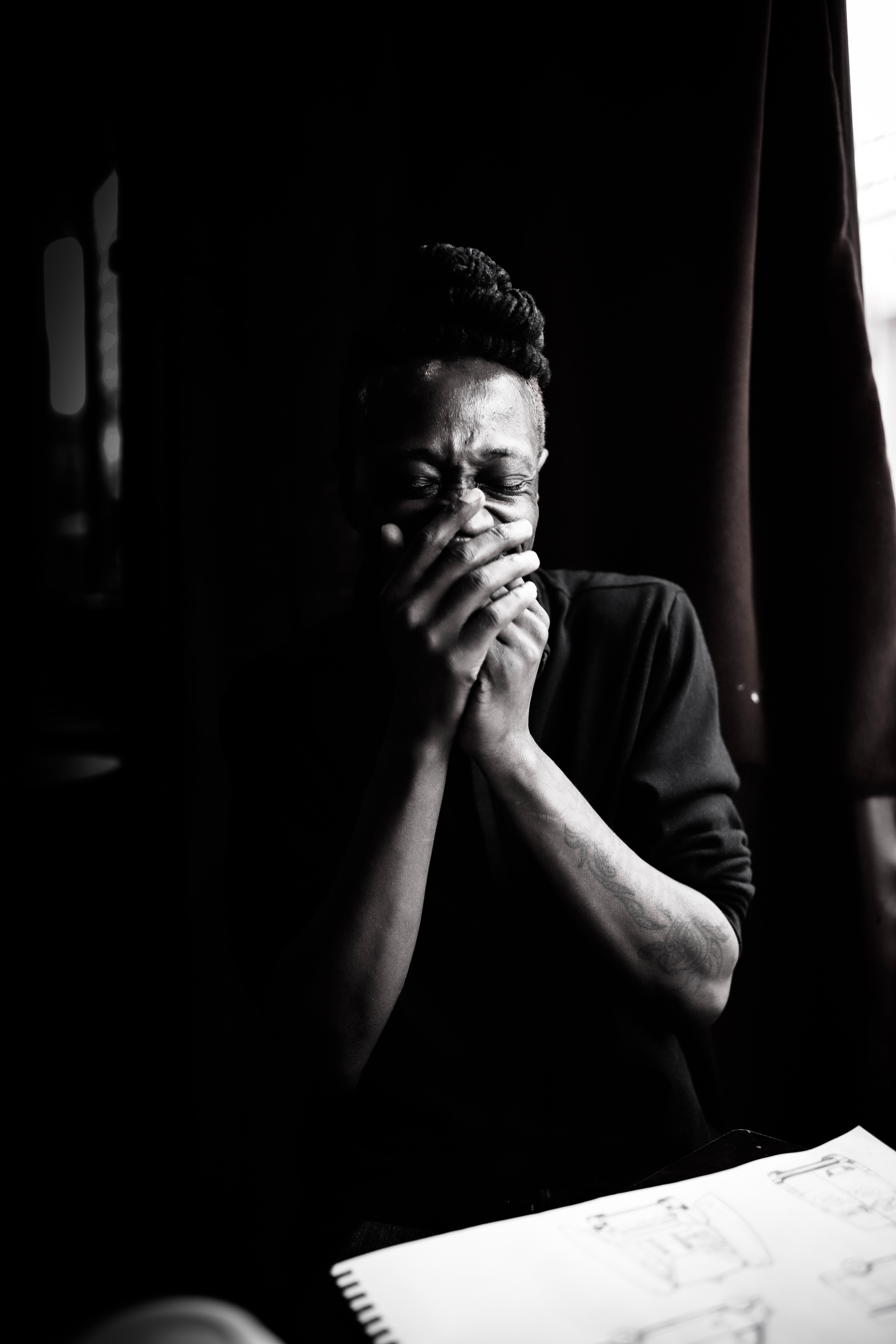Over the next few weeks I wanted to share posts about subjects that can be difficult to talk about or if we do we only scratch the surface as it’s often too difficult to go deeper. There are many subjects associated with the ‘trickier’ side of life – yesterday mental health, last week size but for today I’m sharing my view on grief. It’s deeply personal and relevant to me and sadly, in time, will be experienced by all of us. I hope this post, in some way, will help. For those of you experiencing grief, you are not alone, there are many of us out there and it’s ok to talk about it and ask for help if you need it. So here’s my story…..
By far the most defining and traumatic experience of my life to date has been the death of my dad. Watching the last glowing embers of my strong, funny and utterly charismatic dad, as he descended to a place, where no human can reach was devastating. It happened over a year ago now and during that time, I have been asked two questions that have stuck in my head.
The first by a family friend a few months after my dad had passed away “Have you all got over his death yet?” “No” I replied. “Well we all have to die at some point” she replied. “He didn’t”, I replied.
The second was by my grief counsellor the other day. She said “Are you ready to accept that your father is dead yet?” “Of course not” I replied, “I’ll never accept his death, I will just learn to live with it.”
Intellectually I understand that my dad is dead and intellectually I understand the 5 stages of grief which I am moving through to a greater or lesser extent. But intellect is no match for a deep seated emotional attachment that defines my very core.
Grief, the one certain emotion we will all experience is also the one we are least prepared to deal with. We talk about it – it’s over there somewhere, it’s happening to someone else, I’ll be ready when it comes. But it’s not over there, it’s not happening to somebody else and I’ll never be ready for it when it comes.
Death creeps up on you with a cruel stealth but grief comes like a tsunami. It stops you in your tracks, takes away all rationale meaning and once there it doesn’t leave. It is a raw and unknown emotion. It doesn’t respond to logic, there are no analytical problem-solving tools to resolve it and it brings a physical ache that is relentless. It walks steadily and purposely by your side and as time passes it becomes part of who you are.
Grief changes the very core of you – the passing of a loved one not only leaves a gap where they used to be but also changes you. Death and grief is a conflicting experience – it breaks your heart beyond your wildest imagination but equally it frees you from the man-made ‘normality’ we semi-exist in. It widens and changes your understanding of what is real and what matters. It can only be healed with time and you can never be the person you were before, you have to accept that part of your life is over because they are not coming back.
So, the purpose to this post is to say that I am not sure we ever accept loss, we find a way to live with it. If we get lucky and the right help and support we can also transition to being the person we need to be in order to continue our life without our loved one. I’m not sure as a society we have cracked how to deal with death and grief so maybe we need to re-think our approach and attitude or at least talk about it more. One thing I do know for sure is that I would like to find a way to make my passing easier for my children to cope with when the time comes.


